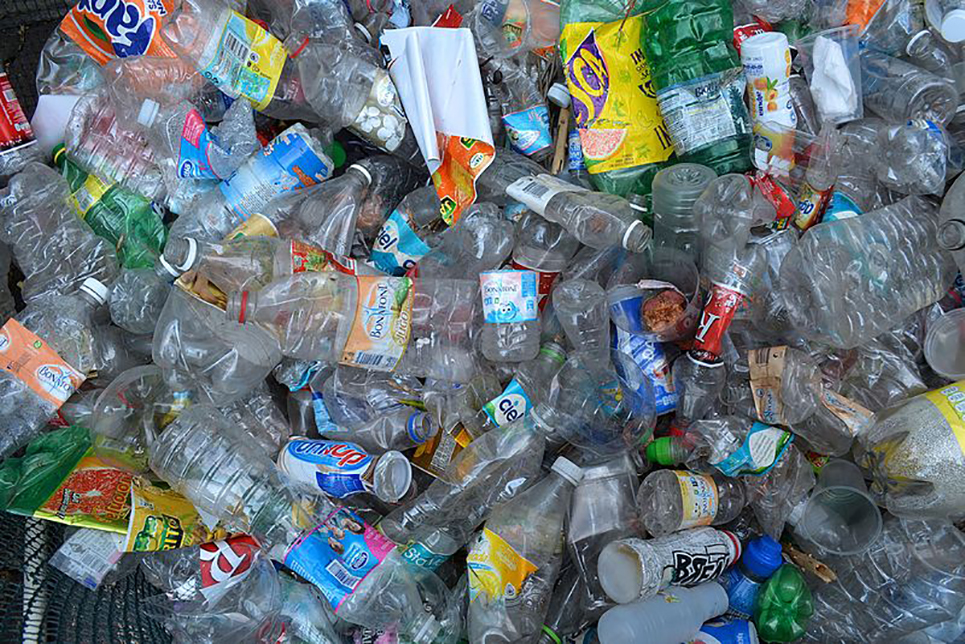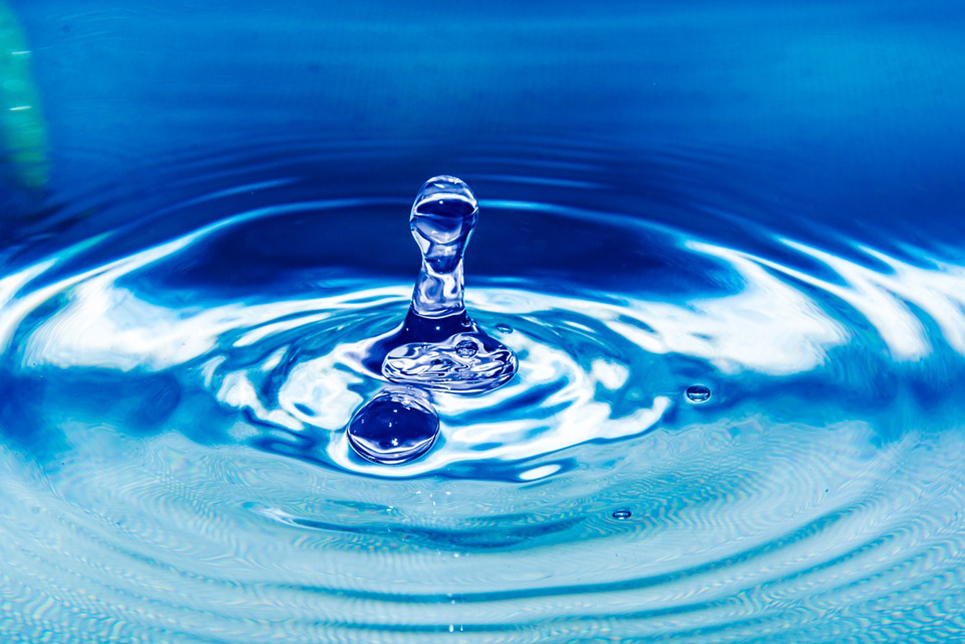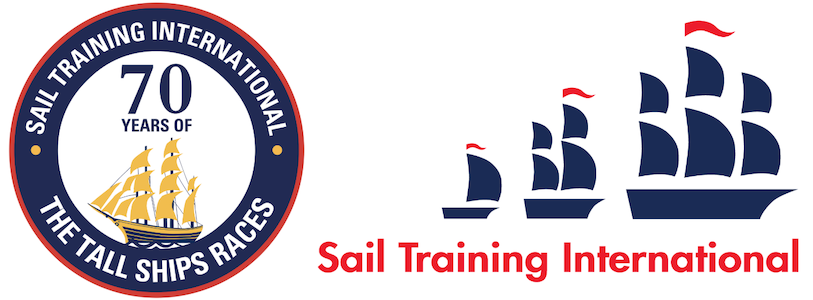At Sail Training International we want to do all we can to protect the world’s oceans and support all efforts to combat climate change.
Oceans hold 96.5% of the world’s water (and cover seven tenths of the planet) so it’s vital that we do whatever we can to protect them and play our part in the global clean-up programme on behalf of all life within them, and all the sailors who sail on them!
Here are our top seven suggestions of things a sail training trainee can do to help …both at sea and at home!
1. Say no to plastic straws
We’ve all had plastic straws given to us with our drinks, but these little tubes can cause lots of problems for marine life. They take up to 500 years to break down and are the fifth most common item of rubbish in the world’s oceans. In 2015, a video of a turtle which had a plastic straw stuck in its nose went viral, highlighting where the rubbish we dispose of can potentially end up, and the harm it can cause. There are a few ways of combating this issue, you can say no to a straw next time you get a drink and suggest they swap to using paper straws, or buy a re-usable straw made of metal in order to reduce waste. When going out to sea, don’t use plastic straws whilst on board and tell the Captain not to buy any more!

Plastic bottles take a very long time to degrade.
2. Ditch bottled water
Not only does the process of making plastic bottles cause pollution, but they also take up to 1000 years to decompose. They also photo-degrade, which means natural light causes them to break down into smaller toxic fragments (that can be ingested by animals) and even when re-used heavily (which means they could be ingested by you!). Instead why not invest in a re-usable Bisphenol A (also known as ‘BPA’, a chemical commonly found in plastics) free bottle as it’s not only better for the environment, it’s also better for you!

There are lots of ways to conserve water as it’s a precious resource.
3. Conserve water
Get into the habit of conserving water, both at home and at sea. At home you could only using the amount of water you need when filling the kettle, have a shower rather than a bath and shorten the amount of time you spend in the shower. Whilst at sea, you can ration how much water you use when on board by washing your clothes and dishes in salt water, and showering on deck in the rain. Lovely!
4. Replace your plastic bags
Plastic bags can take hundreds of years to decompose. When they end up in the ocean, they pollute marine habitats and marine animals can eat and become fatally entangled in them. In 2018, a whale was found off the coast of Norway with 30 plastic bags in its stomach and had to be put down. Say no to plastic bags in the shops; re-use your plastic bags as much as possible before throwing them away; always have a material bag ready to use instead of a plastic one; avoid putting things in fly away plastic bags if you go out to sea.

Look out for the Blue Flag logo on our vessel pages.
5. Sail on an eco-friendly vessel
Not only is sailing environmentally friendly, but there are vessels which have registered to the Sail Training International Blue Flag Scheme. The Blue Flag Scheme was first introduced by the Foundation for Environmental Education (FEE) to promote clean beaches and marinas. In 2011, Sail Training Blue Flag vessels were invited to join and sign up to an environmental code of conduct so everyone on board pledges to to protect the seas they sail on. You can find out which vessels are registered to the scheme on our Blue Flag Registered Vessels list.

Recyclable packaging is a much better option.
6. Pick your packaging and produce
It’s a sad fact that a lot of food packaging finds itself floating in oceans and rivers and then finds its way into the sea. Simply buying food that has less packaging, and checking that it is recyclable, will help to tackle this. Choose to buy items that have minimal packaging, take re-usable containers with you to work, school and when sailing. It’s also important to make sure the items you buy are sourced responsibly, by looking for items that are labelled as being from sustainable manufacturing and farming.

7. Have bright ideas
We all know that the burning fossil fuels produces CO2 emissions that pollute the air we breathe and contribute to climate change. So let’s start using less electricity! Just get into the habit of switching off lights when you’re not using them and unplugging electrical items and chargers when they’re not in use. And swap light bulbs or appliances for energy efficient ones – it will save you money too.
Over 6,000 people took part in the Tall Ships Races & Regattas in 2018. See the beauty of the oceans and enjoy the adventure of lifetime by signing up to take part in 2020!
What Now?
Find out what your environmental footprint is, using one of the several calculators available, see what individual impact you have and the changes you can make to reduce this. Some of these changes may only be small, but they can often make a big difference.
Find out more about the Blue Flag Scheme, and which vessels are registered to it, on our Environment and Blue Flag page
And … if you’ve been inspired by our list to head out on a voyage as an Eco-Friendly alternative, then you can find your adventure on the Sail On Board website.

